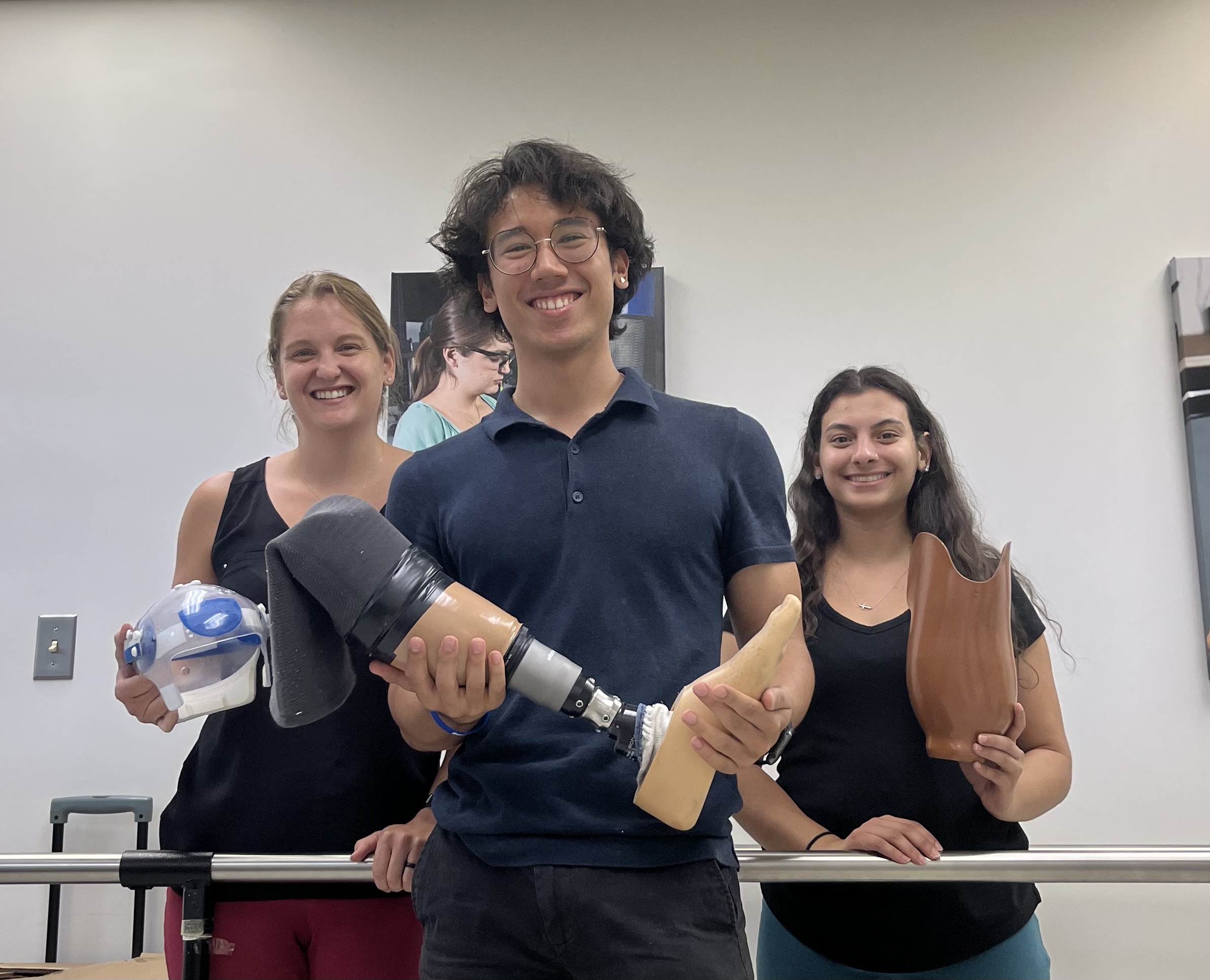Prosthetic devices can greatly increase a patient’s mobility, participation, and mental health. However, they are also often costly and inaccessible medical devices. While efforts are being pushed by both lobbyists and medical professionals alike to expand their insurance coverage, there are many hoops that practitioners must jump through to deem prosthetics “medically necessary” for patients. Regarding upper extremity prosthetics specifically, insurance companies are even less likely to cover these devices.
One group in particular that is heavily impacted by this plight is pediatric amputees. While few and far between, these patients are unique in the sense that they rapidly outgrow their prosthetics just as other children may rapidly outgrow their shoes. This creates a predicament for parents and practitioners, as fitting these patients with high-quality prosthetics can be a lengthy and expensive process. Luckily, due to the efforts of several students, this problem is being addressed here at the George Washington University.
With help from faculty and other students at GW, Alec Tripi, a senior biomedical engineering undergraduate student, has begun to facilitate the donation of free 3D-printed prosthetics to pediatric patients in need over the past few months. In partnership with the Biomedical Engineering Society, the GW Innovation Center, and e-NABLE, they have sought to make prosthetic devices cheaper and more accessible for patients.
Through workshops, student outreach, and active correspondence with practitioners in the DMV area, Tripi hopes to expand this venture to reach as many prospective patients as possible and to include a myriad of other 3D printable medical devices. If you want to get involved or have an idea you believe would further this cause, email ajtripi![]() gwmail [dot] gwu [dot] edu (ajtripi[at]gwmail[dot]gwu[dot]edu) for more information.
gwmail [dot] gwu [dot] edu (ajtripi[at]gwmail[dot]gwu[dot]edu) for more information.


